The Ultimate Guide to Choosing the Perfect Golf Set for Every Skill Level
Choosing the perfect golf set can be a daunting task, especially for players at different skill levels. Whether you are a beginner just stepping onto the green or an experienced golfer looking to upgrade your equipment, the right golf set can significantly enhance your game.

This ultimate guide aims to break down the essential factors to consider when selecting a golf set tailored to your abilities and ambitions. From understanding the various components of a golf set, such as clubs, balls, and accessories, to exploring different brands and their unique offerings, this guide provides a comprehensive overview that will empower you to make an informed decision.
Dive in as we explore the key considerations for each skill level, ensuring that your golf set not only meets your needs but also elevates your overall golfing experience.
Understanding the Different Types of Golf Clubs: A Beginner's Perspective
When starting out in golf, choosing the right set of clubs is crucial for developing your skills and enjoying the game. For beginners, the best golf clubs are those designed for forgiveness and ease of use. According to recent evaluations, the most forgiving irons for high handicappers and novices in 2025 come equipped with lightweight materials that promote better swing speeds and accuracy. These clubs instill confidence from the very first swing, transforming the daunting task of hitting an iron into a satisfying experience.
Additionally, comprehensive analyses have highlighted the rise of package sets tailored specifically for beginners. These sets not only offer a wide range of clubs—including drivers, fairway woods, hybrids, and putters—but they also deliver exceptional value and versatility. With brands increasingly investing in beginner-friendly designs, golfers can find well-structured sets that balance affordability with quality craftsmanship. The best sets on the market in 2025 provide everything a newcomer to golf needs to start their journey on the right foot, ensuring a rewarding experience on the course.
The Ultimate Guide to Choosing the Perfect Golf Set for Every Skill Level - Understanding the Different Types of Golf Clubs: A Beginner's Perspective
| Skill Level | Type of Golf Clubs | Number of Clubs | Best For |
|---|---|---|---|
| Beginner | Complete Set (Driver, Irons, Putter) | 10-14 | New golfers looking to learn |
| Intermediate | Standard Set (Driver, Fairway Woods, Irons, Putter) | 8-12 | Players with some experience, looking to improve |
| Advanced | Custom Set (Drivers, Hybrids, Irons, Wedges) | 14-16 | Experienced players seeking precision |
| Professional | Tour Set (Specialized Clubs) | 14+ | Golf professionals and competitors |
Identifying Your Skill Level: How to Choose the Right Golf Set
When choosing the right golf set, identifying your skill level is crucial. According to the National Golf Foundation, over 24 million people in the U.S. play golf, but only a fraction regularly track their skill progression. For beginners, a full set might be overwhelming; instead, focus on a half set that includes a driver, a couple of irons, and a putter. This not only reduces complexity but also allows new players to invest in essential clubs that enhance their learning experience.
**Tip:** Always try out clubs before purchasing. Many golf shops offer demo days or fitting sessions, allowing you to assess which clubs feel most comfortable.
For intermediate players, a more comprehensive set with adjustable drivers and improved wedges can help refine skills. Reports from Golf Datatech indicate that the demand for game improvement clubs is rising, with a notable increase in sales of hybrid clubs, which are easier to hit than long irons. The right equipment can significantly boost confidence and performance on the course.
**Tip:** Look for sets tagged as “game improvement.” These clubs are designed to help you achieve better accuracy and distance, catering to the evolving skill level of the golfer.
Key Features to Look for in a Golf Set for Intermediate Players
When selecting a golf set for intermediate players, it’s important to focus on key features that enhance performance and boost confidence on the course. One crucial aspect is the customization of club lengths and grips. At this skill level, players often have a more developed swing and physicality, so having clubs that align with their height and swing style can lead to improved accuracy and distance. Additionally, consider the loft and lie angles of the clubs, as tweaking these can help optimize ball flight and trajectory.
Another significant factor is the variety within the set. Intermediate players benefit from having a range of clubs that cover different situations on the course. A standard set should include a blend of drivers, fairway woods, hybrids, irons, wedges, and a putter, providing versatility for various shots. It’s also advantageous to look for hybrid clubs that can replace long irons, offering easier launching and greater forgiveness. Lastly, pay attention to the quality of the materials used in the clubs. A well-constructed set with advanced technology can greatly influence the game, making it essential for players to invest in durable, high-performance gear that caters to their evolving skills.
Upgrading Your Golf Set: When and How to Make the Leap
Upgrading your golf set is a significant decision that can enhance your game dramatically, but knowing when and how to make the leap can be a challenge. Assessing your skill level and understanding your specific needs is essential; for instance, beginners might benefit from a more forgiving set, while advanced players often seek precision and control. Regularly evaluating your performance and comfort with your current equipment can help you identify whether it's time for an upgrade. If you're consistently missing the mark or struggling with specific clubs, it may be a sign to invest in a newer set designed to cater to your evolving skills.

When considering an upgrade, it's crucial to research and try various brands and configurations. You might want to visit a local pro shop or golf store, where you can get fitted and test different clubs. Seek advice from experienced golfers or instructors who can provide insights into which sets are best suited for your level and playing style. Additionally, pay attention to the latest technology in golf equipment. Materials and designs constantly evolve, so investing in a set with cutting-edge features can be advantageous. Ultimately, the right time to upgrade comes down to a balance of your growth as a player and the right equipment to support that journey.
Budgeting for Your Perfect Golf Set: Tips for Every Skill Level
When it comes to budgeting for the perfect golf set, understanding the financial landscape of golf equipment is crucial. According to the National Golf Foundation, the average golfer spends about $400 annually on golf gear, which often includes clubs, balls, and accessories. For beginners, investing in a quality starter set can cost anywhere from $200 to $600, depending on the brand and materials. It’s essential to prioritize what you need based on your skill level, as a well-balanced set can enhance your learning experience without overwhelming your budget.
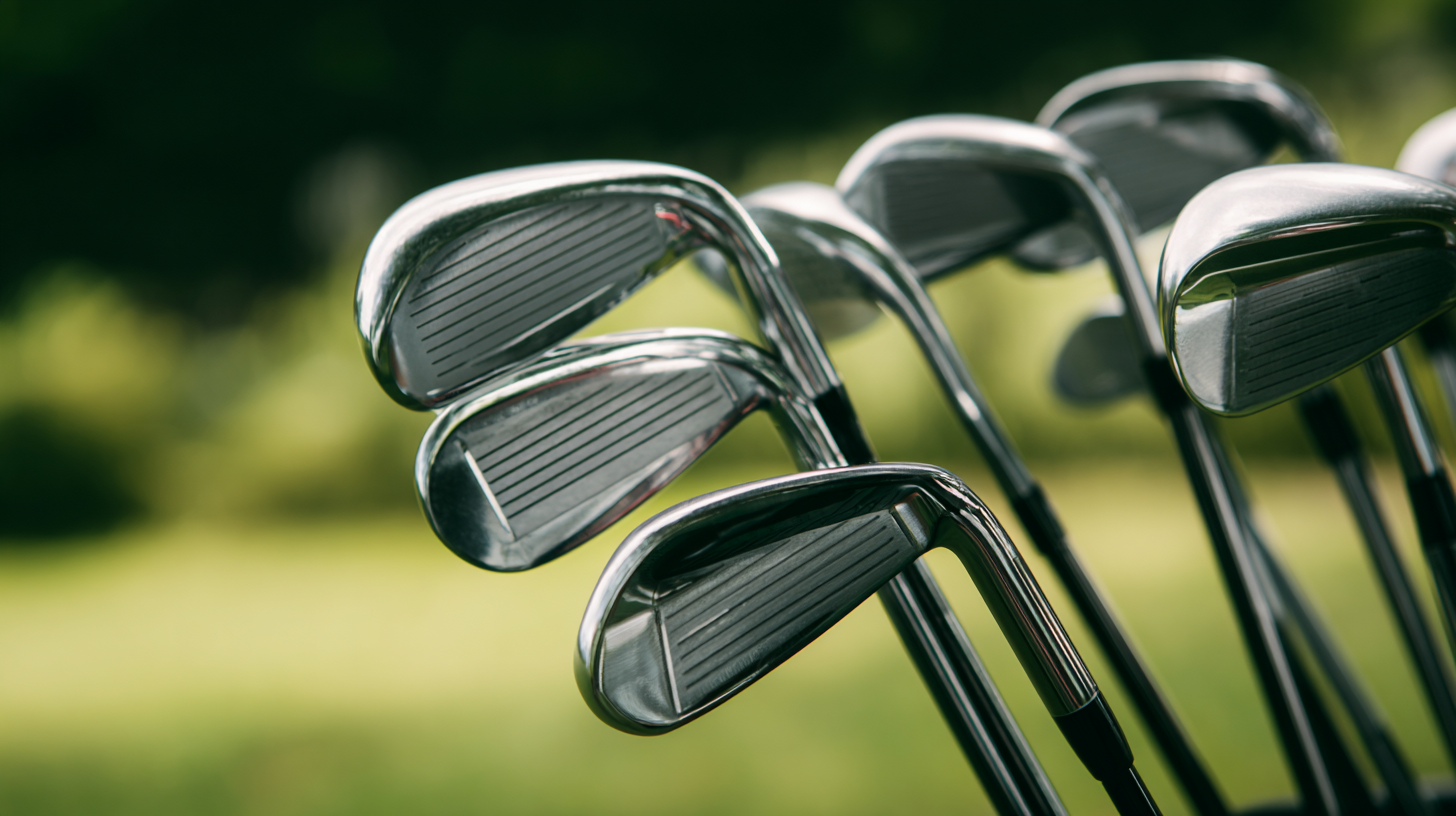
Intermediate golfers might want to consider investing between $600 and $1,200 for a more tailored set of clubs that better suit their playing style. Reports indicate that performance improvement starts to plateau when spending exceeds $1,200, suggesting that practical upgrades are more beneficial than merely high-priced options. For advanced players, custom fitting services can cost an additional $100 to $300, which allows for a precise match to their swing characteristics. By carefully planning your investment according to skill level and personal needs, you can ensure that you get the most bang for your buck while enhancing your game on the course.
Related Posts
-
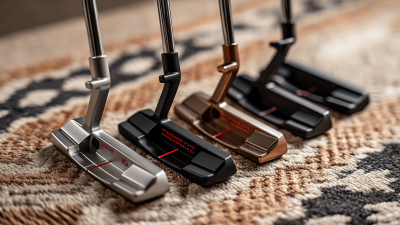
The Ultimate Guide to Choosing the Perfect Putter for Your Game
-
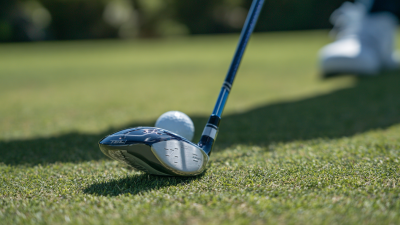
Unlocking Distance: How the 7 Wood Boosts Your Golf Game With a 20% Increase in Accuracy
-
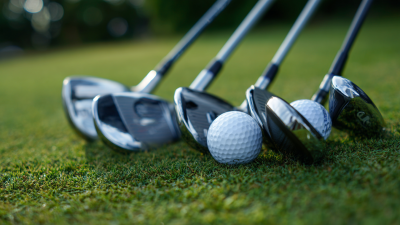
Mastering the Greens Your Ultimate Guide to Choosing the Perfect Golf Set
-
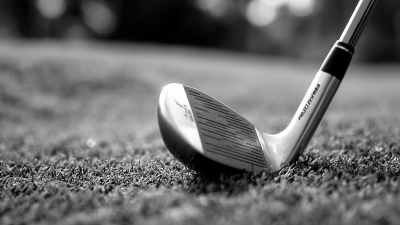
Mastering Your Short Game with the Best Golf Wedges for Every Skill Level
-

Ultimate Guide to Choosing the Best Golf Travel Bags for Your Next Golf Adventure
-
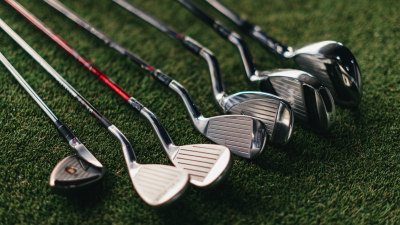
Elevate Your Game with the Ultimate Golf Club Set for Every Skill Level
